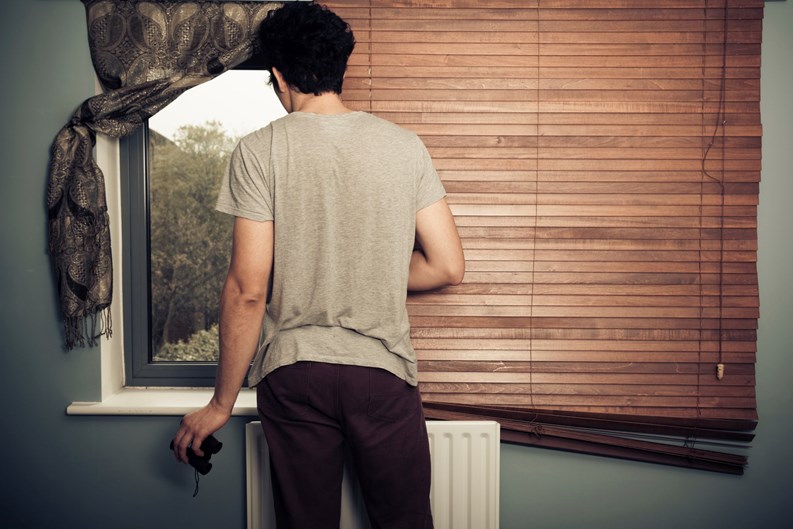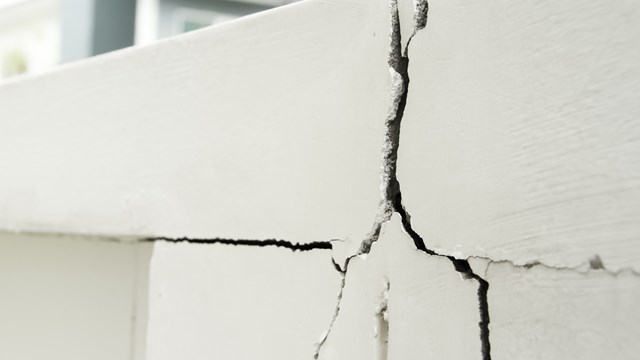Co-op and condo communities tend to cover all their bases when it comes to allowing someone new into their community. In most instances, applications and interviews are the norms. But you can’t exactly predict what someone will do in the future. So if there’s someone in your community who winds up on a state sex offender registry, disclosing that information to your building could be a tricky legal matter.
What to Do - and Not Do
According to Eric Goidel, an attorney and senior partner with the Manhattan-based firm Borah Goldstein Altschuler Nahins & Goidel, P.C., “If as a board you know that there is someone who was convicted and forced to register as a sex offender in the building, you can't even tell the families of the kids--where there are children in the building--the identity of that sex offender. What you can do is tell them that someone is there."
According to the sex offender registry in New York, only Level 2 and Level 3 offenders are listed on the public directory. These designations are made during a hearing held by the sentencing court in which they examine the facts of a particular case to determine the risk level of a repeat offense. For example a Level 1 offender has a low risk of a repeat offense, while a Level 3 has a high risk and “a threat to public safety exists.” The designation of an offender's level generally relates to the nature of the offense, the age of both the offender and victim at the time of offense, and any other mitigating factors in the case.
“You can give [residents] a link to the website for the sexual offender registry,” Goidel advises for concerned folks, “and tell people they can pop in their zip code, and then that person's name and address would come up.”
Use Your Best Judgement and Seek Counsel
Adam Leitman Bailey, a partner with the New York City law firm Adam Leitman Bailey, P.C., poses this scenario: What if someone in your building or association gets arrested for child molestation, gets out on bail, and there’s a bunch of kids running around the building? “Do you want to publicize the arrest?” he asks. “Now the resident has no privacy rights in the building. So long as the building is telling the truth, they can publicize the event. But there’s a fine line, because you want to avoid being sued for defamation or libel.”
Or, Bailey continues, "you could just let anyone with kids know what’s going on. Because the person’s just been accused or charged, so you need to be careful, but I think the parents should be aware. The board has a legal duty to inform anyone with kids in the building or they might be liable. There’s no case law on this, so you have to go by your best judgement and the best judgement of your attorney.”
Clearly there is no clear-cut answer to a dilemma that involves both the safety of children and the rights of the accused in the building. As with any sensitive legal or liability issue, it's always best to contact your building’s legal counsel and confer with them before making any decisions.
John Zurz is a staff writer at The Cooperator.







Leave a Comment